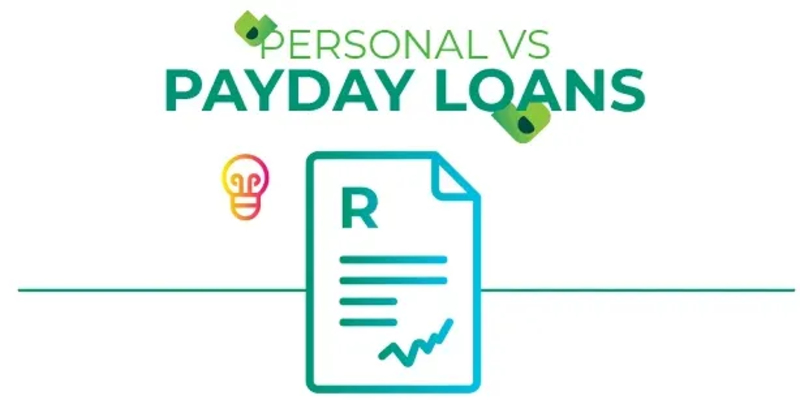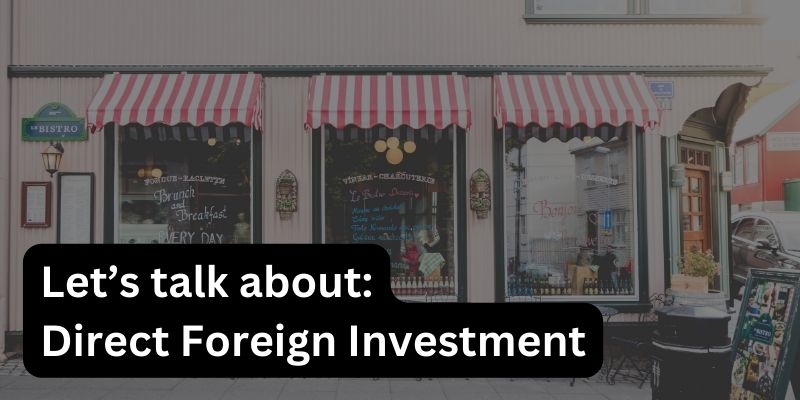The 3(c)(7) exemption is a key part of the Investment Company Act 1940. It allows private investment companies to operate with fewer regulations from the Securities and Exchange Commission (SEC), assuming they meet specific criteria. The term "3C7" is commonly used to refer to this exemption.
Historical Context of the 3(c)(7) Exemption
Originally, the Investment Company Act of 1940 set out to define and regulate investment companies. It targets companies that deal primarily in investing, reinvesting, or trading in securities and are available to the public. The act mandates regular disclosures about financial status and investment strategies.
However, certain investment entities like hedge funds, venture capital, and private equity funds often seek to operate outside these regulations. The 3C7 exemption and another exemption provide these funds the freedom to engage in practices like leveraging and derivatives trading, which are generally restricted for publicly traded funds.
How to Claim the 3C7 Exemption

The 3(c)(7) exemption under the Investment Company Act 1940 presents a unique opportunity for certain private investment funds to operate more flexibly. This section outlines the essential requirements for these funds to qualify for this exemption and explores how they typically utilize it.
Core Requirements for 3(c)(7) Funds
To leverage the benefits of the 3(c)(7) exemption, funds must adhere to specific criteria:
Investor Qualification
The cornerstone requirement for a 3(c)(7) fund is that all its investors must be qualified purchasers. This term refers to individuals or entities with substantial investments, typically over $5 million for individuals and family-owned companies and $25 million for entities managing investments. This high threshold ensures that investors are financially sophisticated and capable of understanding and bearing the risks of these investments. This designation is a step above 'accredited investors' and includes:
- Individuals or family businesses possessing a minimum of $5 million in investments.
- Trusts are managed by those who meet the qualified purchaser criteria.
- Individuals or entities manage at least $25 million in investments for themselves or others.
- Entities entirely owned by qualified purchasers.
- This setup allows these private funds to operate with flexibility and discretion not available to their publicly traded counterparts.
No Public Offering
3(c)(7) funds are prohibited from making public offerings. Their offerings must be private placements, typically marketed more discreetly and targeted. This restriction aligns with the fund's exclusivity and the confidential nature of its investor base.
Limited Regulation and Reporting
Unlike public investment companies, 3(c)(7) funds are not required to register with the SEC and are subject to fewer ongoing disclosure requirements. This lesser regulatory burden allows for more operational flexibility and privacy in investment strategies.
Utilization of the 3(c)(7) Exemption
The 3(c)(7) exemption is particularly appealing to certain types of funds due to the advantages it offers:
- Flexibility in Investment Strategies: With fewer regulatory constraints, 3(c)(7) funds have more leeway to pursue complex, high-risk investment strategies, such as leveraging and derivatives trading. This flexibility can lead to higher returns, attracting investors willing to take on more risk for greater reward.
- Exclusive Investment Opportunities: The requirement for investors to be qualified purchasers creates an exclusivity that can be attractive to both the fund managers and the investors. It allows fund managers to tailor their strategies to a more sophisticated investor base while investors can access unique investment opportunities unavailable to the general public.
- Privacy and Confidentiality: The reduced disclosure requirements under section 3(c)(7) exemption provide privacy and confidentiality for the fund and its investors. This can particularly appeal to high-net-worth individuals and entities who prefer discretion in their investment activities.
Comparison of 3C7 Funds and 3C1 Funds
In private investment, 3C7 and 3C1 funds represent two distinct categories under the Investment Company Act 1940. Both are exempt from the stringent regulations that govern standard investment companies, but they differ significantly regarding investor qualifications and structure.
3C7, or "qualified purchaser funds," cater to a more affluent and experienced investor base. The defining feature of a 3C7 fund is its investor pool, composed exclusively of 'qualified purchasers.' These are individuals or entities with substantial investments, often exceeding millions of dollars. This requirement inherently restricts the potential investor base, as only a small percentage of the population meets these criteria. However, the advantage of this model is that it allows these funds to manage larger sums of money from a smaller number of investors, leading to potentially higher individual investments and a more focused investment strategy.
On the other hand, 3C1 funds, known as "accredited investor funds," are designed for a broader investor base. These funds are accessible to accredited investors, including individuals with a certain income or net worth level but significantly lower than required for qualified purchasers. The 3C1 model benefits funds seeking more investors, opening the door to a wider pool of potential participants. However, there's a catch: 3C1 funds are limited to a maximum of 100 investors. This cap can create a challenging environment for fund managers who must balance the desire for more investors with the legal constraints of the fund's structure.
Accredited Investors vs. Qualified Purchasers

The distinction between accredited and qualified purchasers is crucial in the investment world, as it dictates who can participate in certain investment opportunities.
Accredited Investors
Accredited investors are defined primarily by their financial status. An accredited investor must typically have an annual income exceeding a certain threshold or a net worth surpassing a specific amount (excluding the value of their primary residence). These criteria aim to ensure accredited investors have a certain level of financial sophistication and can bear the economic risks associated with more complex investments. Financial institutions play a key role in screening and verifying the status of accredited investors.
Qualified Purchasers
On the other hand, the category of qualified purchasers is defined not by income or net worth but by the scale of their investment holdings. To qualify as a purchaser, an individual or entity must own substantial investable assets. This threshold is significantly higher than that for accredited investors, reflecting the assumption that qualified purchasers have a greater degree of financial knowledge and experience. This category allows funds to engage with a more exclusive group of investors, who can partake in higher-risk, higher-reward investment strategies typically unavailable to the general public.







